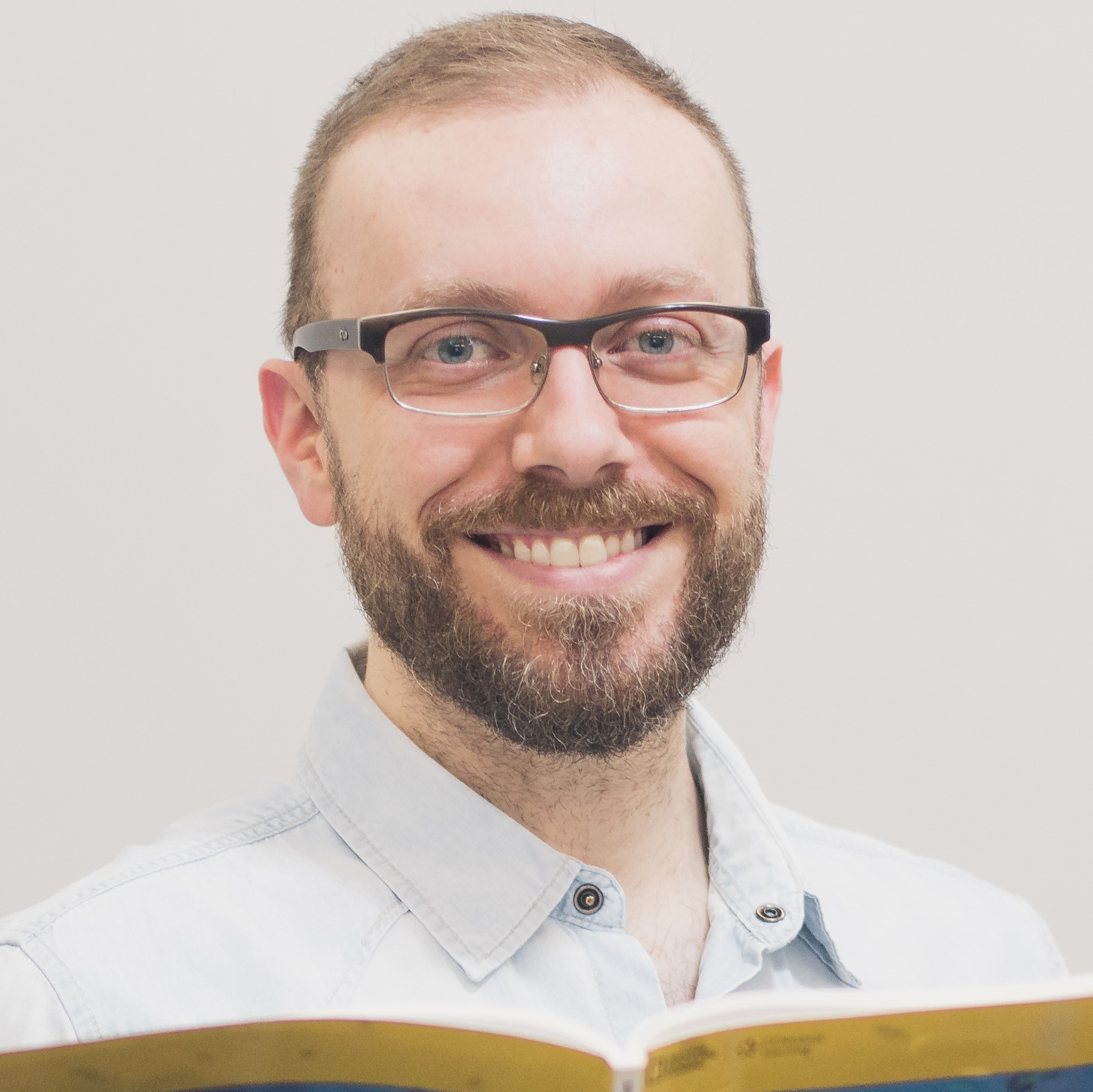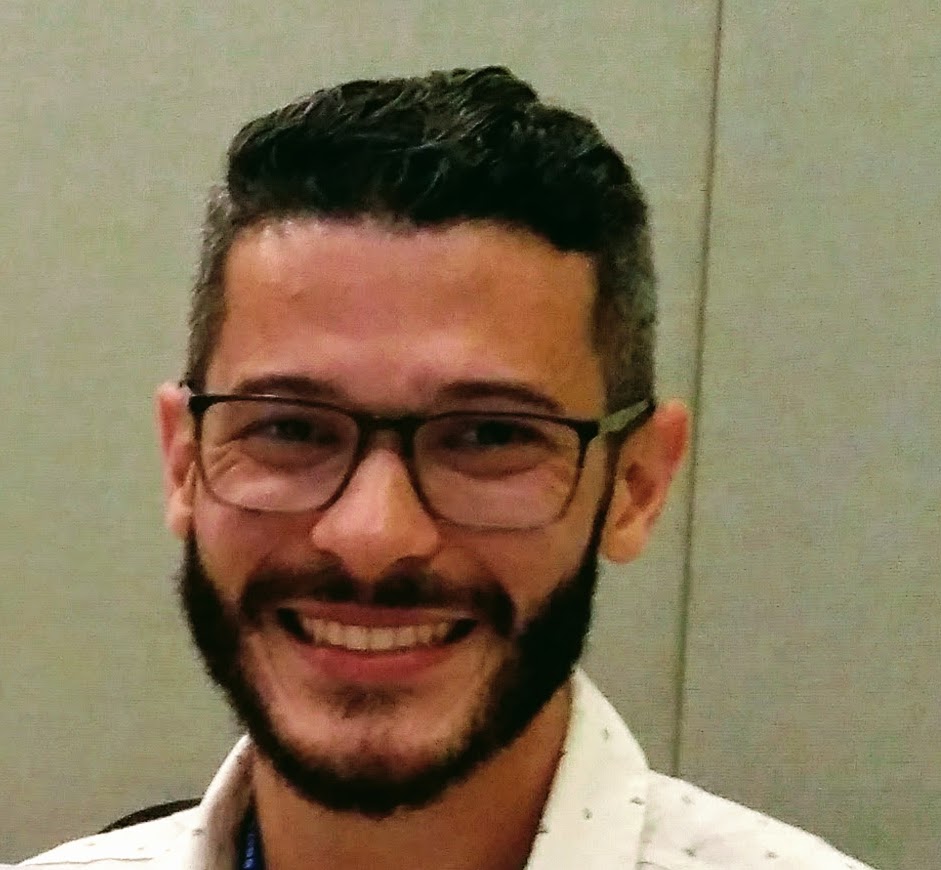War and Peace
What do gunpowder, tobacco, and high-performance schools have in common? If we have the Great Wars of the 20th century as our backdrop, quite a lot. At the end of World War I, Germany was trying to cope with grave social problems. The owner of a cigarette company decided to fund a new school for his workers’ kids. Roughly thirty years later, the citizens of Italy found themselves dealing with the consequences of being in the losing side of World War II. Some families in the village of Villa Cella in the north of Italy wanted to build a public school for the kids of their region. The project was funded with the profit made from selling military equipment, such as tanks and trucks, left behind after the war. The cigarette company was called Waldorf Astoria. The Italian city was Reggio Emilia.
Waldorf and Reggio Emilia, alongside Montessori, Vygotsky, Dewey, and others, are household names for humanist educational approaches. Their ideas have been around for the most part of a century now. Even developing widely different bodies of work, their legacies do share essential core values. These being a keen focus on the individual, the fostering of autonomy, and the promotion of meaningful hands-on learning experiences. For instance, Dewey would defend that education was a “process of living and not a preparation for future living”. These ideals embody what we call active methodologies, which corroborate with the idea that the classroom should be a community of problem-solvers.
The so-called 21st-century skills – communication, collaboration, critical thinking, and creativity – are nothing more than a reduce-reuse-recycle of these forethinkers. Many of the buzzwords that keep popping in our EFL bubble are a re-packaging of these active methodologies that have been around for quite a while. On these days in which the usage of technology in the classroom has been blown out of proportion, becoming a value on itself, the new educational wave is actually a step back. We find ourselves going back to the basics.
Any effective bilingual program has to provide students with the skills to cope with the challenges of the fastpaced interactions of a global society. CLIL, STEM, STEAM are not enough if they are exported wholesale to countries with different cultural environments. The ELT community is a closely-knit group, which is not necessarily positive, for we tend to detach from the broader world of education and end up dismissing pedagogical practices and discussions that could enrich our field. Educators should not be aiming at preparing students for the future either. Instead of trying to keep up with the most recent fad, we have to create the habit of making principled choices. Choices that help students to mindfully take responsibility for their learning and their lives. Or, as Montessori would say, students who develop the traits of concentration, self-discipline, love of work, and sociability.
Co-author: Neiriberto Borges Calil is a (mostly) self-taught English speaker with almost 20 years of experience teaching kids and adults alike. Bold and energetic, he defies the status quo by planning innovative lessons that captivate even the most disruptive students.





